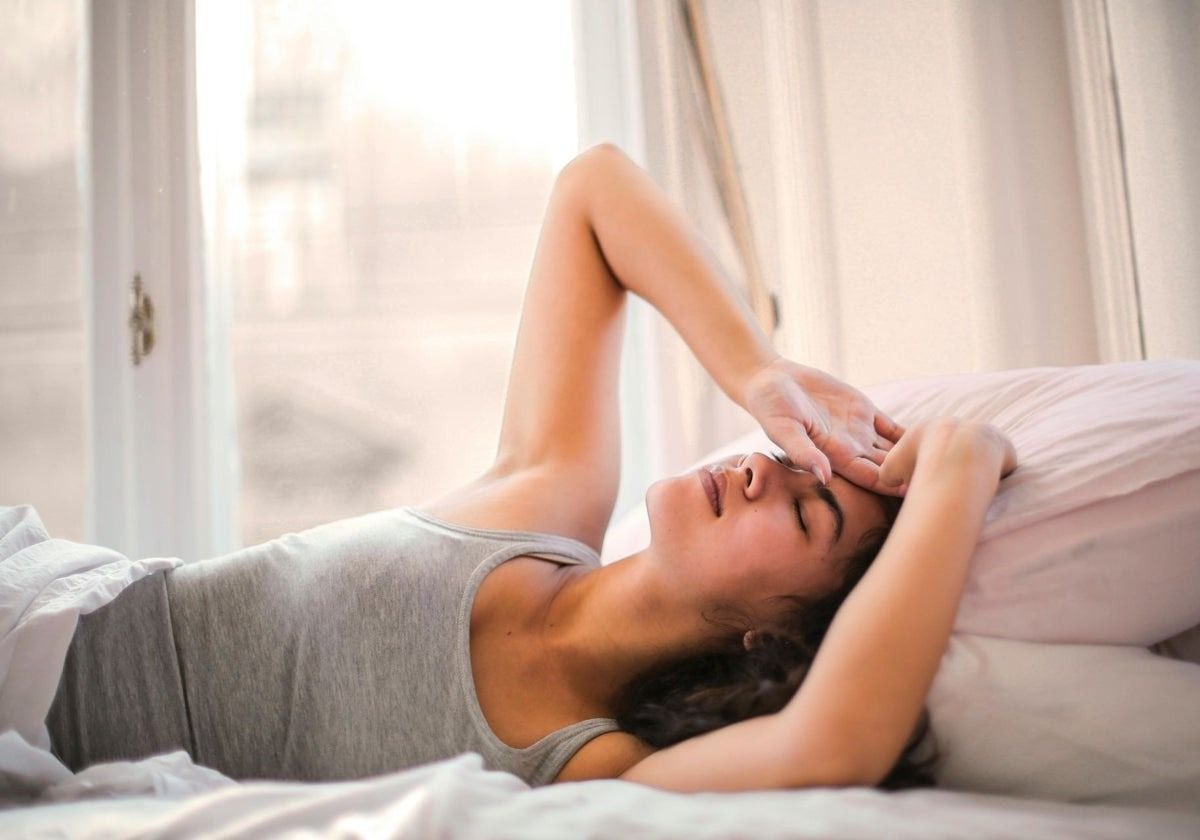

Sections
Highlight

Jorge Herrero
Madrid
Monday, 24 March 2025, 22:02
Travelling is an exciting experience but it can also have its challenges. One of the most frustrating is the difficulty of getting to sleep on the first night in a hotel. No matter how comfortable the mattress is or how quiet the room seems, sleep is never the same as at home. The noises seem louder and sleep is much lighter than normal, which is something many attribute to jetlag or the excitement of travel, but experts have identified a much deeper cause.
'The first night effect' is, according to scientists, a biological defence mechanism that causes our brain to remain partially alert in unfamiliar surroundings. In other words, the first night in a hotel, a part of the brain remains in a state of vigilance, like a kind of night watchman. This instinct comes from our ancestors who had to remain vigilant in new environments to avoid possible dangers.
The effect leads to a shallower and more interrupted sleep. That's why any noise - the lift, footsteps in the hallway or even the hum of the air conditioner - seems to be enough to wake us up. But although this mechanism is difficult to avoid completely, there are some tricks recommended by experts to minimise its impact.
Noise is one of the biggest problems when trying to get a good night's sleep in a hotel. To reduce it, try to request a room on the upper floors and away from the street and one that isn't near lifts, emergency stairs and vending machines, as these are areas of frequent passage and can generate noise until late at night.
According to the National Sleep Foundation, the ideal sleeping temperature is between 19 and 21 degrees. The body naturally lowers its temperature when falling asleep, and if the room is too warm the process can be more difficult. Ideally, it is best to ventilate the room on arrival and, at bedtime, adjust the air conditioning or heating to maintain a cool environment.
Sleeping with a familiar pillow can make the hotel room feel a little more like home. However, if carrying a pillow is not an option, a simple alternative is to carry a pillowcase, as the familiar feel and smell help relax the brain and reduce the feeling of being in a strange environment.
A warm bath or shower before bedtime helps relax the muscles and also contributes to lowering the body temperature which makes it easier to fall asleep.
One of the most common mistakes when sleeping in a hotel is not checking the pre-set alarms on clocks and televisions. Accommodation expert Brandon Berkson recommends always checking the alarm clock on the bedside table and any alarm system on the television as they may have been set by previous guests and go off in the middle of the night.
If you have had a tiring day and need to sleep longer, hang the 'Do Not Disturb' sign on the door to avoid being disturbed by the cleaning service and allow for more uninterrupted rest.
Some hotels have better conditions for rest than others. Before booking, read reviews from other guests on hotel search engines and on the hotel website. Factors such as the quality of the mattress, soundproofing or the type of curtains can make a big difference in the quality of sleep.
Publicidad
Publicidad
Publicidad
Publicidad
Esta funcionalidad es exclusiva para registrados.
Reporta un error en esta noticia

Debido a un error no hemos podido dar de alta tu suscripción.
Por favor, ponte en contacto con Atención al Cliente.

¡Bienvenido a SURINENGLISH!

Tu suscripción con Google se ha realizado correctamente, pero ya tenías otra suscripción activa en SURINENGLISH.
Déjanos tus datos y nos pondremos en contacto contigo para analizar tu caso

¡Tu suscripción con Google se ha realizado correctamente!
La compra se ha asociado al siguiente email
Comentar es una ventaja exclusiva para registrados
¿Ya eres registrado?
Inicia sesiónNecesitas ser suscriptor para poder votar.